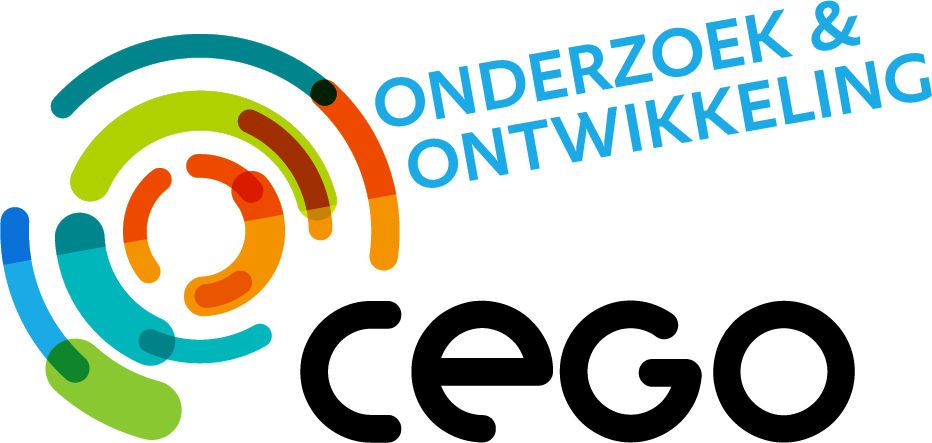Praktijkgerichte publicaties
Kernpublicaties
- Samuelsson, I.P., Sheridan, S., & Williams, P. (2006). Five preschool curricula: comparative perspective, in: International Journal of Early Childhood, 38 (1).
- OECD (2004). Five curriculum outlines.
- Laevers, F. (2011). Experiential Education: Making Care and Education More Effective Through Well-Being and Involvement, in:
- Laevers F, Declercq B. (2018). How well‐being and involvement fit into the commitment
- to children’s rights, in: Eur J Educ., 35, 325–335. https://doi.org/10.1111/ejed.12286
- Laevers, F., & Declercq (2013). Increasing children’s competencies through wellbeing and involvement, in: Reflections Magazine, 52.
- Laevers&Heylen. Involvement of Children and Teacher Style: Insights from an international study on Experiential Education. [Socrates publication]
- Pascal, C., & Bertam, T. (1999). The effective early learning project: The quality of adult engagement in early childhood settings in the UK. [paper presented at EECERA Conference]
- Ferre Laevers (2000) Forward to Basics! Deep‐Level‐Learning and the Experiential Approach, in: Early Years, 20 (2), 20-29. https://doi.org/10.1080/0957514000200203
- Laevers, F., Buyse, E., Willekens, A., Janssen, T. (2011). Promoting language in under 3s. Assessing language development and the quality of adult intervention, in: European Early Childhood Education Research Journal, 19 (2), 269-297. http://dx.doi.org/10.1080/1350293X.2011.574415
- Van Cleynenbreugel, C., De Winter, V., Buyse, E., & Laevers, F. (2011). Understanding the physical world: Teacher and pupil attitudes towards science and technology: An intervention study in primary education.
- Laevers, F. (1993). Deep level learning: an exemplary application on the area of physical knowledge, in: European Early Childhood Education Research Journal, 1 (1), 53 – 68. http://dx.doi.org/10.1080/13502939385207351
- Thys, M. (2016). Open-ended science and technology learning environments: Challenges for pupils, teachers and researchers. [doctoraat Psychologie en Pedagogische wetenschappen, KULeuven]
- Papieska, J., Spilt, J.L., Laevers, F. (2018): A new performancebased measure of children’s socioemotional understanding: Psychometric properties of the domino test for socioemotional understanding (DOTSEMU), in: European Journal of Developmental Psychology. https://doi.org/10.1080/17405629.2018.1512850
- Lenaerts, F., Braeye, S., Nguyen, T.L.H., Dang, T.A., & Vromant, N. (2017). Supporting Teachers in Vietnam to Monitor Preschool Children’s Wellbeing and Involvement in Preschool Classrooms, in: International Journal of Early Childhood, 49 (2), 245-262. https://doi.org/10.1007/s13158-017-0188-2
- Research Centre for Experiential Education – Leuven University (2006). Ten action points: A rating scale for self-evaluation.
- Van der Mespel, S. et. al. (2013). Workbook for childminders: Building on your own capability. Gent, Belgium.
- Lietaert, S. (2016). A gender gap in the classroom? Different perceptions of student engagement and teacher support. [doctoraat Psychologie en Pedagogische wetenschappen, KULeuven]
- Lietaert, S., Roorda, D., Laevers, F., Verschueren, K, & De Fraine, B. (2015). The gender gap in student engagement: The role of teachers’ autonomy support, structure, and involvement, in: British Journal of Educational Psychology, 85, 498–518.
- Laevers, F. (2017). How are children doing in ECEC? Monitoring Quality within a process oriented approach. In: Klinkhammer, N. et. al. (2017). Monitoring Quality in Early Childhood Education and Care: Approaches and experiences from selected countries. Deutsches Jugendinstitut: Department Children and Childcare. https://www.dji.de/fileadmin/user_upload/bibs2017/Monitoring_Sammelband_E_final.pdf
- Laevers, F. (2005). The curriculum as means to raise the quality of early childhood education. Implications for policy, in: European Early Childhood Education Research Journal, 13 (1), 17-29. http://dx.doi.org/10.1080/13502930585209531
